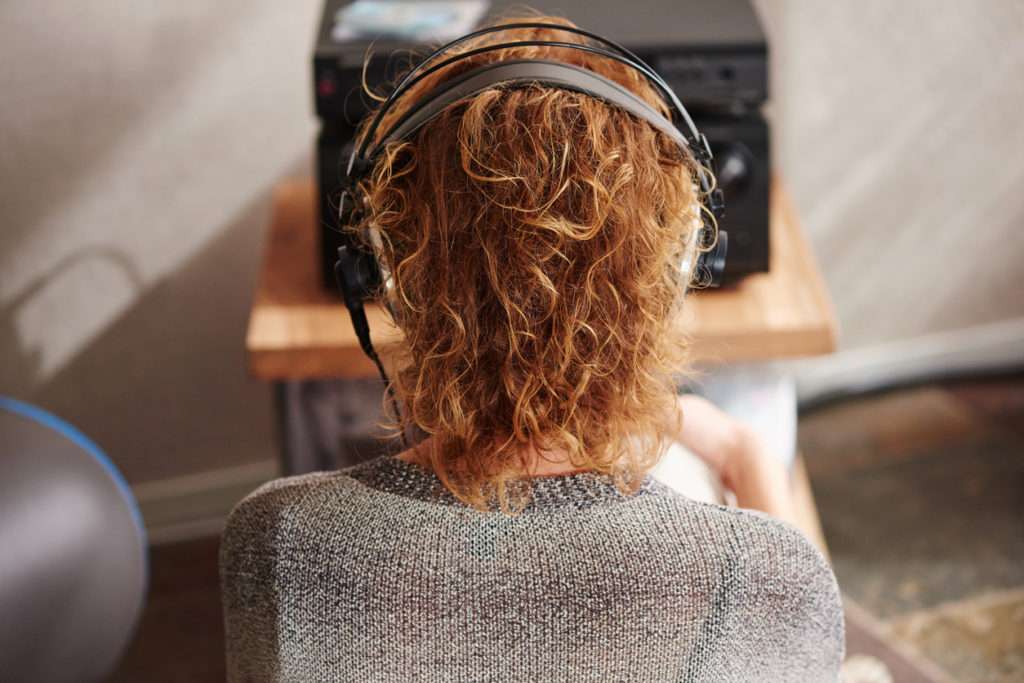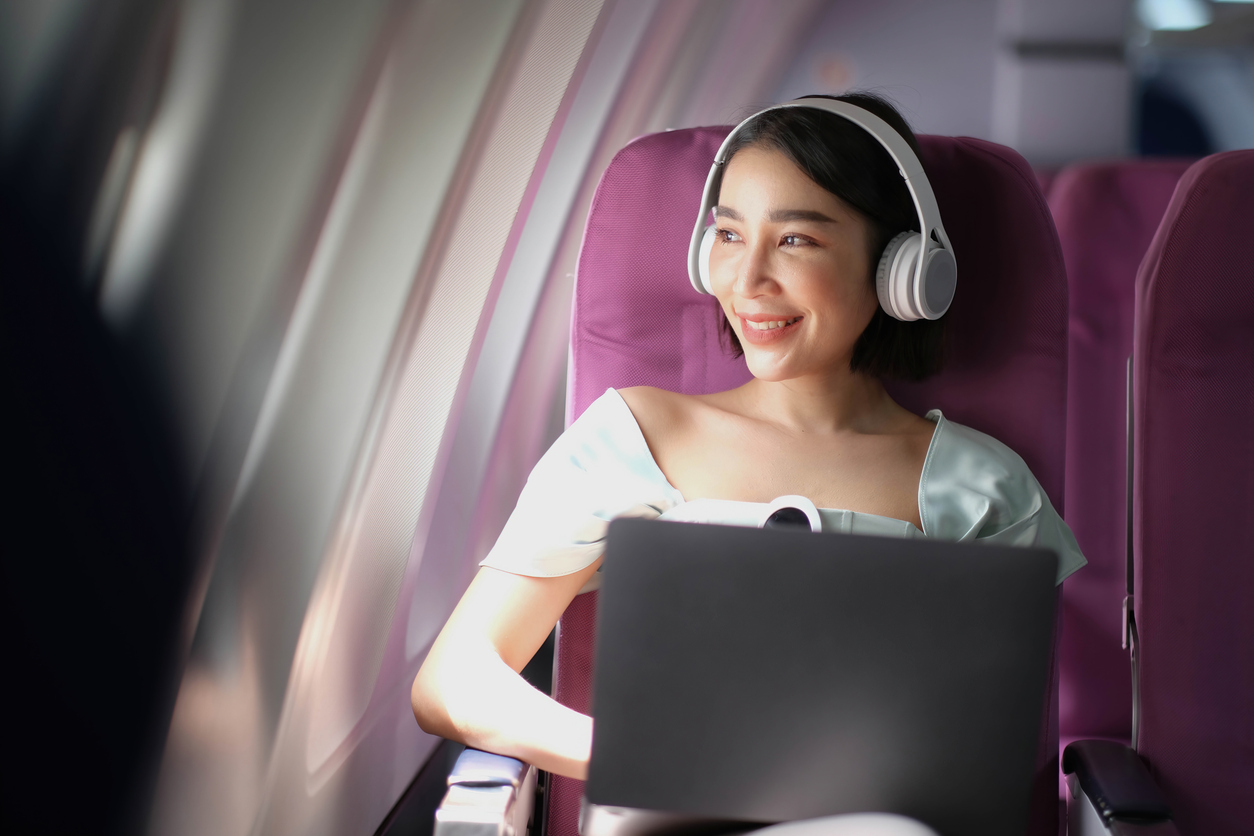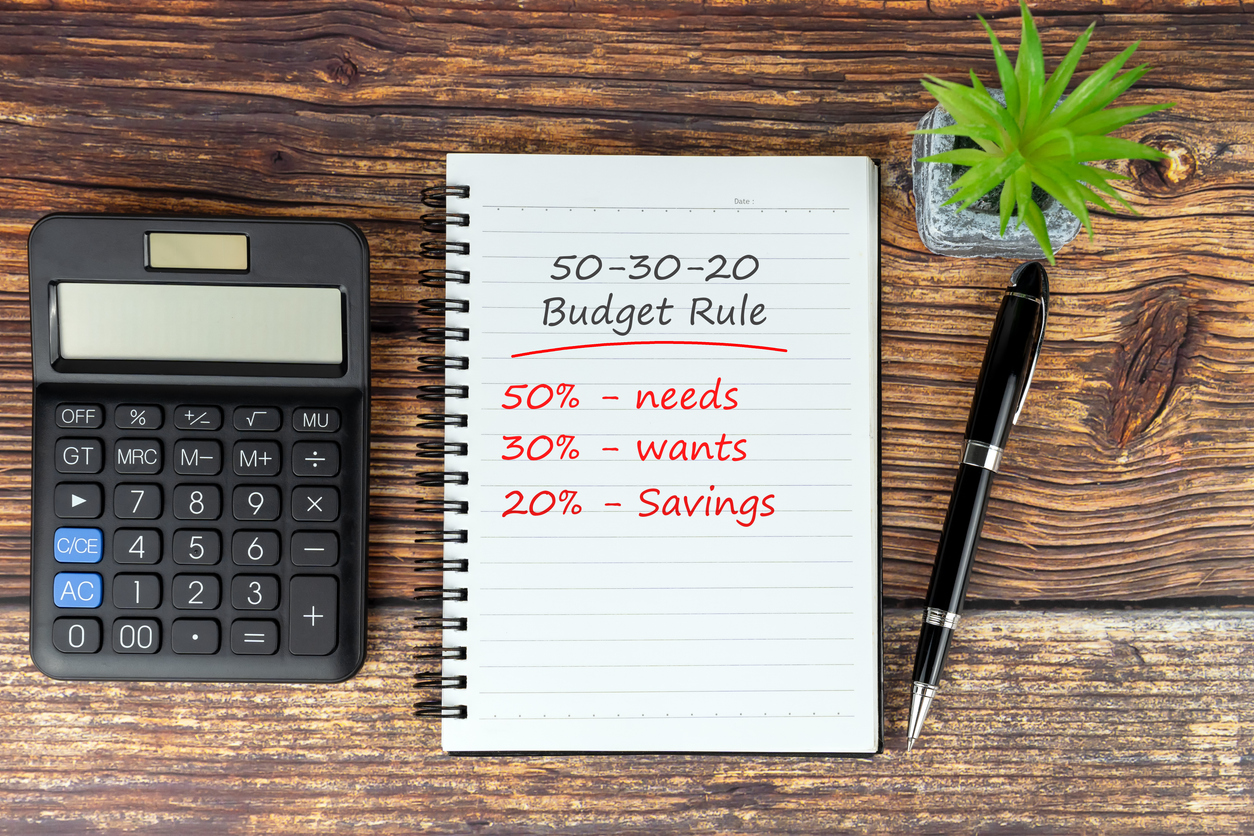A Living Alone Self-Care Guide To Winter Lockdowns: P2 Mental Health
Living Alone | 25th October 2020 by Simone Garland
This article is the second of two parts in our self-care guide if you are living alone and on your own during winter lockdowns and restrictions. This part focuses on Mental Health while Part 1 covers physical health.

We’ve looked at ways to support physical health if you are on your own and living alone through lockdown restrictions and should a national winter lockdown occur. What’s becoming recognised is that if we become limited to our homes coupled with restricted contact with friends, family or social environments, the next national crisis might be one of mental health.
The Conversation discusses how more people are now going to meet the threshold to receive mental health care as job uncertainty, and health anxiety rises with the current climate. More than ever, it’s becoming important for us to take measures to keep ourselves mentally well and also find ways to identify when we might be struggling.
One of the things I’ve both witnessed in others and experienced myself is that the building of tension nationwide can influence everyone, regardless of their circumstances. Those worried about winter lockdowns and restrictions or who are taking every step possible to avoid the likelihood of catching Covid-19 are feeling more anxious with each new bulletin or press conference.
In comparison, those who appear nonchalant about guidance or restrictions are starting to become anxious about why everyone is so worried. Whichever camp you’re in tensions are increasing and with it, so does the risk of experiencing a mental health issue.
The simple question is, what can we do to protect our wellbeing? However, the answer is not so straightforward. It depends on your personal resilience and current state of mental health. Alongside are the ways you take care of your well being and ability to recognise that things might not be going well.
Much like the suggestions around maintaining physical health, these winter lockdown tips on mental health self-care are merely suggestions. They should never override directions given by mental health professionals if you are under their care. You don’t need to try or action all (or any) of these suggestions but if you would like to try them, I recommend picking 2-3 to build into your routine and self-care plans.
Winter Lockdown Mental Health Tips: Self-care nights
When you live on your own or are a single parent household it can be easy to forget that you need to give yourself a little ‘me’ time every now and then. When everything outside your front door is so up in the air or confusing, it’s essential to create safe and comforting feelings within your home. Set aside weekly time weekly either during the day or in the evening dedicating an hour or two to making yourself feel good. Some ideas could be:
- A bubble bath with a glass of something bubbly to match.
- Pampering session; face masks, nail painting or plucking and pruning.
Journalling
Getting thoughts, feelings and worries down can help to not only process what is going on but can also help us recognise if we’re holding onto negative emotions. It’s a great way to remember to focus on some positive aspects of the day rather than just the negative ones.
Most often those who journal do so in written form but it can also be done through video diaries, drawing or just consciously thinking about it. The Guardian reported that journaling could help people come to terms with difficult events or feelings. The article shares some findings on the pros and cons of expressive writing. Here are some pointers to help you get you started. Write:
- One positive thing about today.
- One thing that you’re worried about today.
- How could today have gone better?
- Today I feel…
- Tomorrow I’m going to work towards…
Mindfulness
Mindfulness is known worldwide for its benefits around recognising and managing emotions. It can be easy not to realise that you’re holding onto stress which can manifest itself in physical sensations such as aches, pains or fatigue. There are many apps or videos online that guide you through mindfulness from beginner to more advanced practices. Mindful has written about how mindfulness can help through a lockdown and provide some tips on starting mindfulness.
Figure out your comfort zones
When anxiety builds, it can be easy to pull the theoretic covers over our heads and hope it all blows over. Feelings of isolation and loneliness can negatively impact both our mental health and physical health. Although it is crucial to remain connected to loved ones, it’s equally important to make sure you’re not putting pressure on yourself to be available to people if it’s not what you want to do.
Try to be open to those closest to you if you don’t feel in the right headspace to be social. When restrictions start to loosen, feelings of anxiety can increase when weighing up the idea of seeing friends against the risk of possible spread or contraction of the virus. We touched on the idea of not feeling rushed into social meetings post lockdown and setting your own boundaries with our article ‘How solos can continue to thrive as lockdown eases’.
Goals
The prospect of spending time with only your own thoughts for direct company can be a pretty scary thing to be faced with, especially for some people who live on their own. Trying to fill up hours between days can be a daunting task and one that can leave you feeling overwhelmed and in a negative mindset before even starting.
Setting yourself some goals to achieve during a lockdown can not only help the time go quicker but also provide a sense of achievement that can improve self-esteem and increase feelings of happiness. If you’re journaling it also means you have topics to focus upon when writing. Some ideas for goals could be:
- Sorting through cupboards and spring (or winter) cleaning.
- Reading a book a week.
- A fitness goal (i.e. walk 5km every day).
- Learn a new craft.
- Create that business plan you’ve never had time to do.
Express yourself
In the words of Madonna, express yourself. This ties in with mindful practice and journaling but essentially, if you’re feeling sad, let yourself be sad. If you’re happy or worried or confused, let yourself feel and express these emotions. When you live on your own, it can be challenging to know to whom you can let out these emotions, especially when you’re unsure of how the other person is feeling themselves.
If you have people around who you can share feelings with then that’s great, if you don’t we’ve thought of one way to help keep on top of the emotions bank; music. Music is a powerful art form and one that can trigger strong emotions from happiness to motivation and even sadness. Below are a few songs that help to you start some playlists when you need a little emotional TLC:
1. Motivation Playlist
Break My Stride by Matthew Wilder
Tubthumping by TubThumper
2. Tear Jerker Playlist
Eet by Regina Spektor
Tears in Heaven by Eric Clapton
3. Songs to Make You Smile
Grace Kelly by Mika
Send My On My Way by Rusted Roots
What’s included across this article and the accompanying physical health piece are not exhaustive lists, nor should they replace any specific guidance or recommendations given to you by a medical professional. Hopefully, the guide will help you to create your own self-care routine, getting you through winter lockdowns and coming out the other side while looking after your mental health.
Statistically, 1 in 4 people will experience a mental health condition across their lifetime, the impact of winter lockdown restrictions will play a massive part in increasing the risk of depression, anxiety and other mental health issues. If you find yourself in a position where you feel your mental health has been negatively affected and general help and guidance isn’t helping, then please seek professional guidance either through your GP or local mental health services.
A Living Alone Self-Care Guide To Winter Lockdowns
Share this post:
Hear from Solo Living now and then by signing up to our mailing list


















